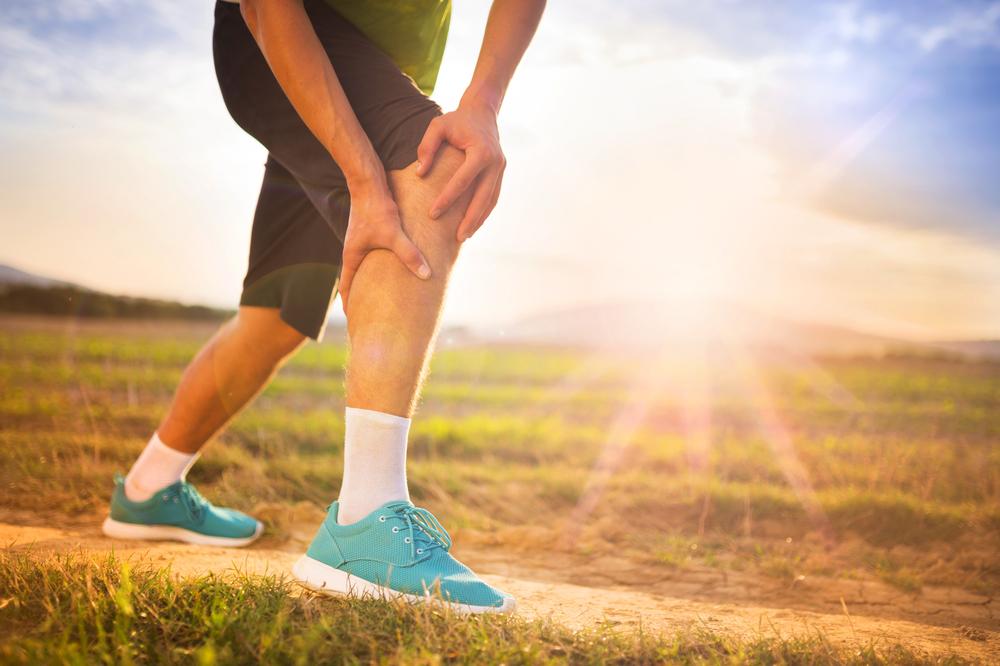
Main Causes of Deep Vein Thrombosis
Every time you scrape or get cut by a knife or a blade, you bleed. When you are bleeding, the blood clots as a normal mechanism to stop bleeding. So, in this case, blood clotting is a beneficial thing. However, in some cases, you’ll experience the development of blood clots in the veins located deep inside your body. It is called the DVT or Deep Vein Thrombosis, and this is not healthy clotting.
Causes of DVT
Unfortunately, anyone and everyone can suffer from DVT. But there are a few people who are at a greater risk of developing DVT. Typically, the causes of DVT include a bunch of situations, which make you more vulnerable to DVT. These include the following:
- Vein injury
You can experience vein injury as a result of muscle damage or when you break a bone. Furthermore, veins might also develop injury due to a surgery involving legs, hips, or pelvis. - Immobility
People who have their legs immobile for a longer degree of time are also prone to developing DVT. It is so because when your legs are extended for a period, the anti-clotting protein is unable to mix with the blood thoroughly. - Pregnancy
Pregnant women are at a considerable risk of developing DVT. Sadly, this risk is at a peak, particularly when the woman is in her fifth week until she has delivered a baby. It is so because pregnancy causes a rise in estrogen levels. - Taking hormone
Taking hormones is a prevalent cause of DVT. So women who take hormone pills for birth control, or undergo HRT, i.e., the Hormone Replacement Therapy, following menopause are at higher risk of developing Deep Vein Thrombosis. It is again because of the increment in the estrogen levels, which tend to cause blood clotting. - Having cancer
In many cases, cancer, too, can increase your likelihood of developing DVT. As a result of cancer, clotting reactions are set off. This makes the person more vulnerable to the formation of clots. The problem is more common in patients who have the pelvis and abdomen cancer. However, all other types of cancers, too, put you at risk of developing DVT. - Other health disorders
Furthermore, there is a bundle of other health problems, which puts you at risk of developing DVT. These include ulcerative colitis, Crohn’s disorder, lung disease, and heart disease. Also, people with clotting disorders are vulnerable to developing DVT. - History
People who had deep vein thrombosis or pulmonary embolism earlier are at a huge risk of developing DVT. Moreover, if someone in your immediate family has a history of either of these disorders, you are at greater risk. - Age
People who are over 75 have a higher risk of developing DVT. It is so because their movement is usually more limited. - Obesity
Obesity is another common risk factor that makes people more susceptible to developing DVT.



